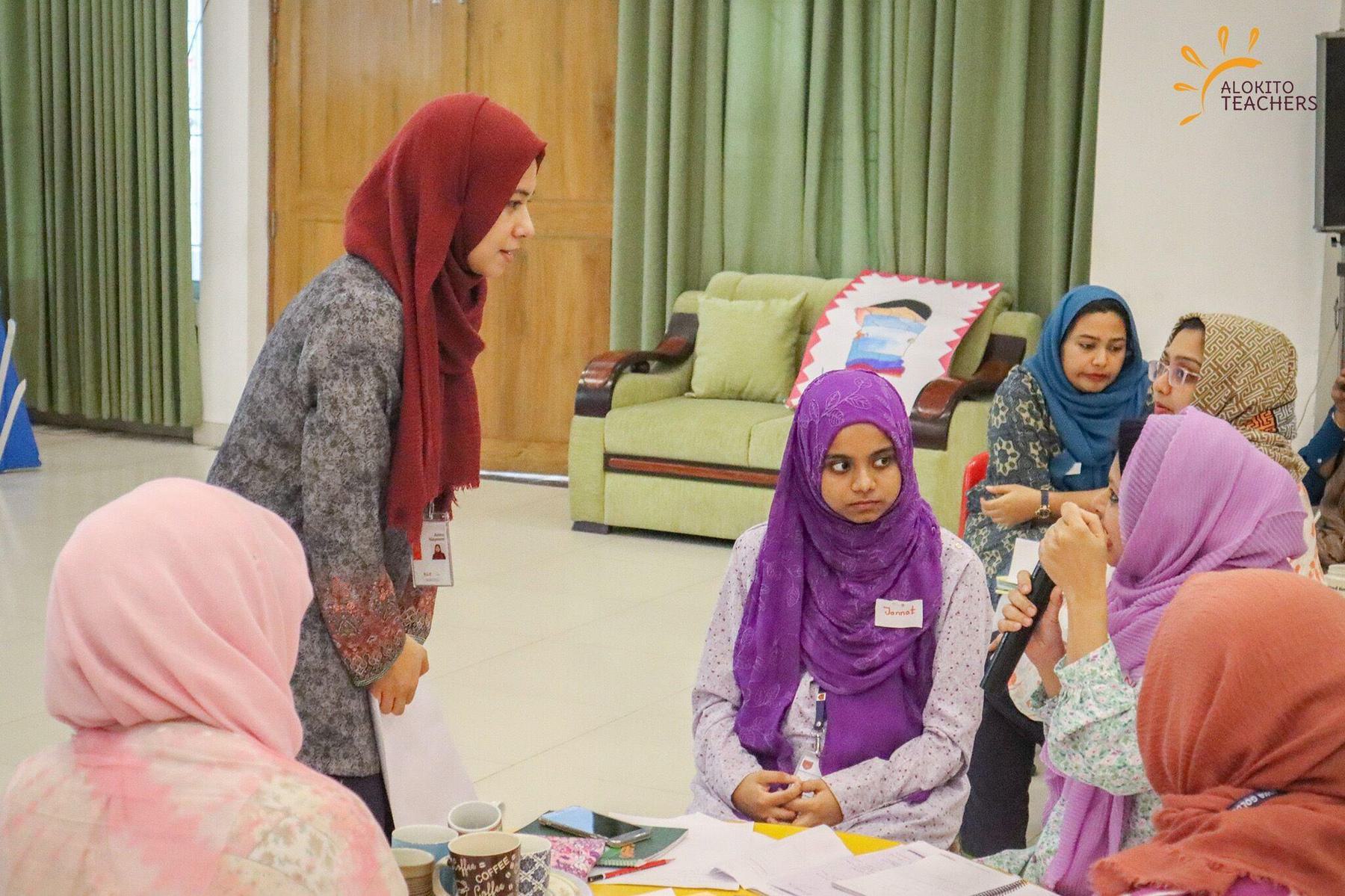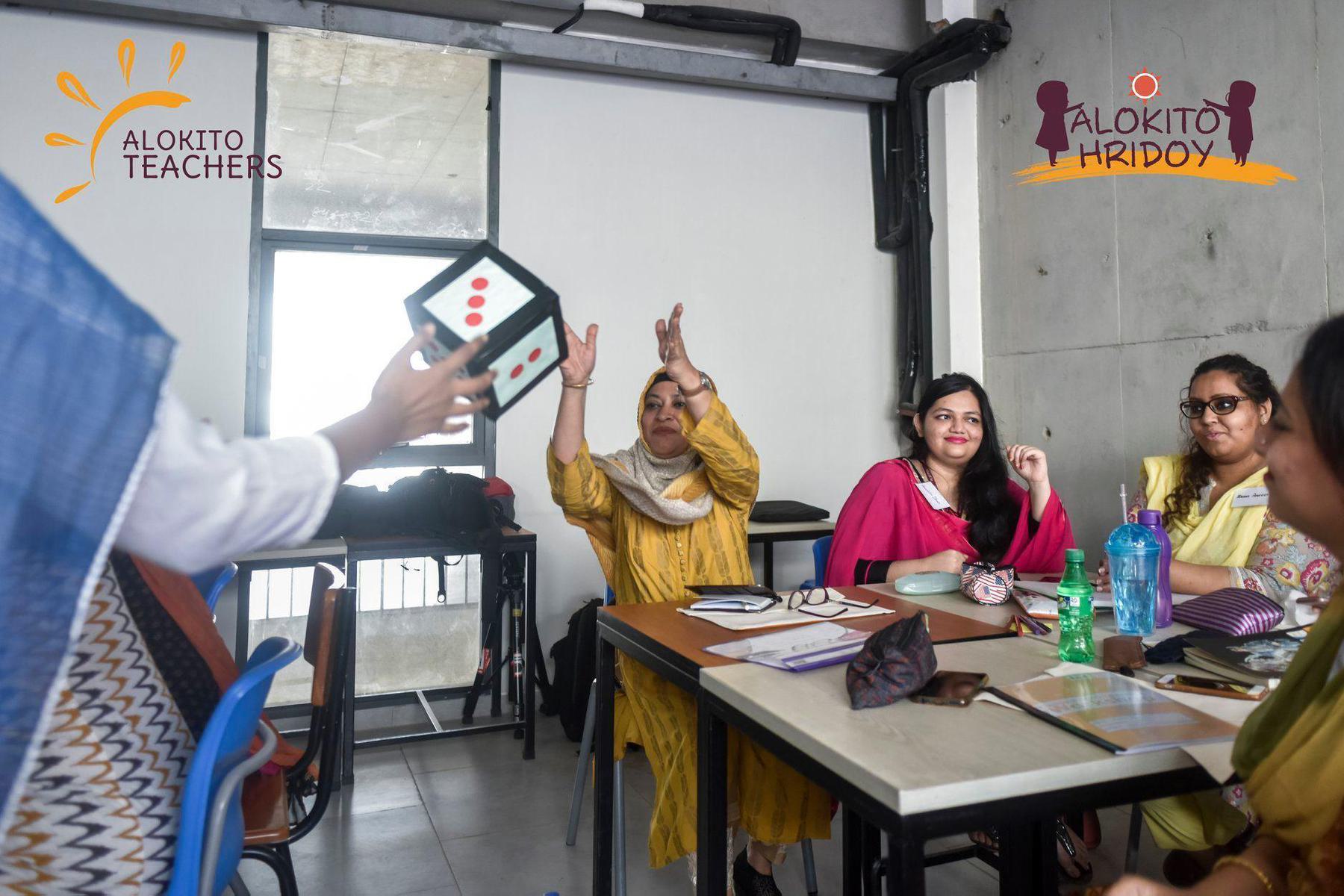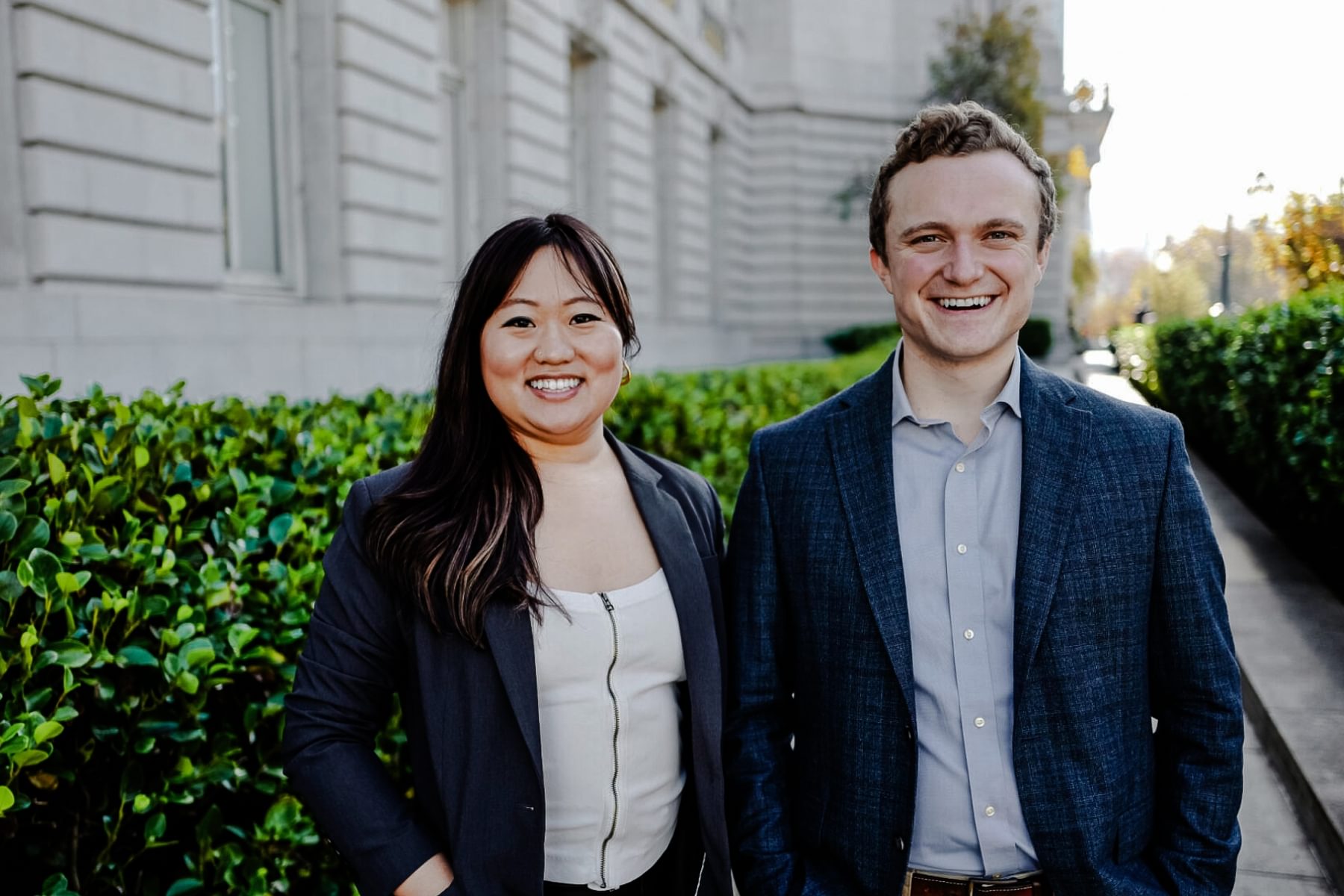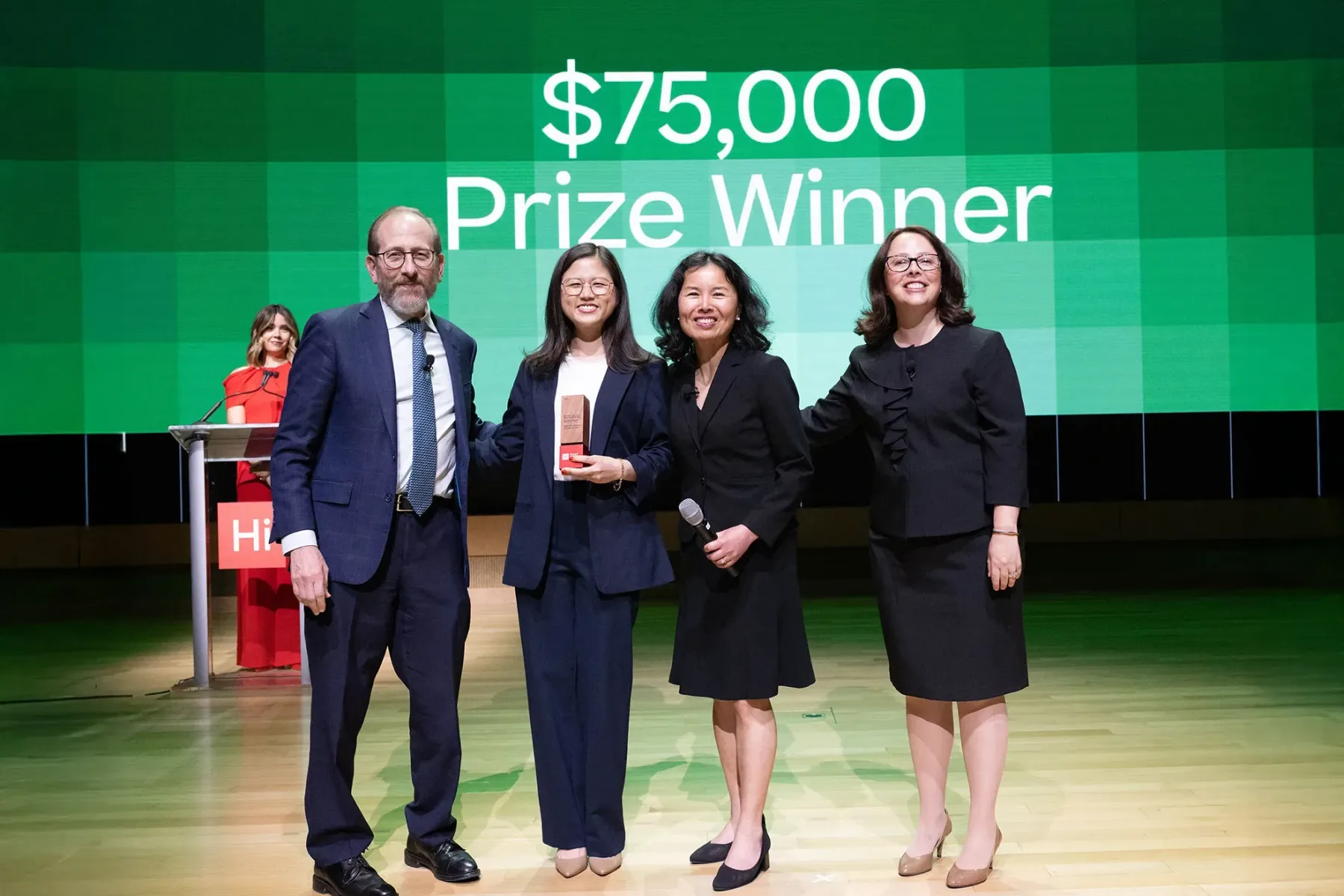Since gaining independence in 1971, Bangladesh has transitioned from one of the world’s poorest nations to one of the fastest-growing economies: GDP per capita has increased from $134 in 1971 to $2,503 in 2021, while poverty has decreased by more than half — from 42 percent in 2006 to 19 percent in 2022. Despite these strides, the young country’s education system is still struggling. It ranked 106th out of 132 countries in the Global Knowledge Index 2022 (the lowest in Southeast Asia) and came in last in the higher education sector. That’s why founder Azwa Nayeem (Ed.M. 2023) of Alokito Hridoy Foundation is building evidence-driven teaching-learning innovations in her low-cost charter school, and scaling successful approaches across Bangladesh through her for-profit and self-sustaining teacher-development initiative, Alokito Teachers.
Before enrolling at the Harvard Graduate School of Education, Nayeem was teaching political science and international relations at a private university in her native Bangladesh, where her students wrestled to keep up with the curriculum. “I needed them to engage critically, but they struggled with basic articulation,” she says. “When I looked into it, the data showed that students are failing to achieve grade-level competencies, starting from the elementary grade levels.”

Seeking literacy solutions
Today, 26 percent of the Bangladesh population — about 42 million people — are illiterate. And data from the Bangladesh Bureau of Educational Information and Statistics showed that in 2020, the primary school dropout rate was 17 percent, and nearly 36 percent at the secondary level. Nayeem wanted to help change these statistics. She approached her colleagues and school administrators, hoping to work on a solution together. “I told them I wanted to run little interventions and see what might be helpful. And they said, ‘Sure, this sounds great, but how would you assess the impact?’”
After a few rounds of fundraising and brainstorming, Nayeem decided the best place to begin would be starting an elementary school she could run like a lab, experimenting with different educational methods while studying what worked best. After recruiting local teachers for grades one through three, Nayeem and her staff launched a low-cost charter school where they experimented with educational games — “to make learning fun and engaging for the students, and see how that would have an impact on literacy and numeracy,” she says.
The power of play: game-based learning
Her findings? Through game-based learning, her students were quickly improving and enjoying learning in ways they hadn’t before. “There was this positive change in terms of the student-teacher relationship,” says Nayeem, explaining that traditionally, in rural Bangladeshi classrooms, kids often experience a dictatorial approach from their teachers. Her classrooms had a different vibe, and it was having a huge impact.
“It became a joyful environment,” she says. And critical thinking was evolving in ways she never imagined: “[One of our teachers] inspired students to identify the most pressing problems in their communities,” Nayeem explains. With this guidance, a shy student who had struggled to articulate and voice his thoughts, organized a courtyard meeting with the village elders — to protest and get leaders to divert factory drainage away from a pond. It was a beautiful example of critical thinking and problem-solving at play.”
It takes a lot of courage to innovate, and it also takes a lot of resilience, especially in the field of social impact. You may not see results very quickly. At the same time, it's also important to balance your goals by bringing in mentors and friends who can give you honest feedback and help you stay measured. Have a courageous, bold vision, but also have people around you who can keep you grounded and lend a balanced perspective.”
Azwa Nayeem (Ed.M. 2023), Founder, Alokito Hridoy Foundation

Scaling Alokito's success
Today, Nayeem is piloting educational programs in private and government-run schools and expanding her charter school (which now teaches grades one through nine) while scaling her teacher development offerings. Since its inception, Alokito has impacted more than 18,000 teachers, reaching more than 450,000 students, says Nayeem. “When we asked ourselves what’s the best way to scale our interventions across schools in Bangladesh, we realized that it’s the teachers who can be the catalyst of change within their communities. And that the fastest and best way to spread innovations from our school is to train the teachers,” she says.
To that end, Alokito Teachers is designing courses that are available online, and developing a membership program for schools in need of teacher and student support. “The membership includes a multi-step process spanning about four months,” says Nayeem. “We start by identifying the needs of the teachers in a specific school, and then match them with relevant courses, workshops, and coaching. After they learn the concepts, they then go back to their classrooms and apply them there.”
And since Alokito’s model is evidence-based, there’s a built-in feedback loop as well, via in-classroom recordings, observations, and reviews from teachers and supervisors. “By the end of the program, we’re able to give participants the before-and-after data demonstrating improvement in their teaching,” says Nayeem.
"I am still connected to my i-lab mentor, Anand Parikh. Anand has been amazing, guiding me like a friend, supporting my vision, and just helping me look at my blindsides — that’s been one of the most impactful outcomes of my i-lab journey."
Being at Harvard has played an instrumental role in some of Alokito’s key developments, Nayeem says. “At Harvard, I was able to curate and refine the membership plan that we now offer, and it has gained a lot of traction,” she says. “Academia always gives you a pathway to a treasure.” And that’s why she enrolled in the first place, she says. “I wanted to know what innovators in this field have been doing and I wanted to learn from their work,” she says. “I wanted to gain expertise, and be an expert in my field, and provide the highest quality services through my work.”





